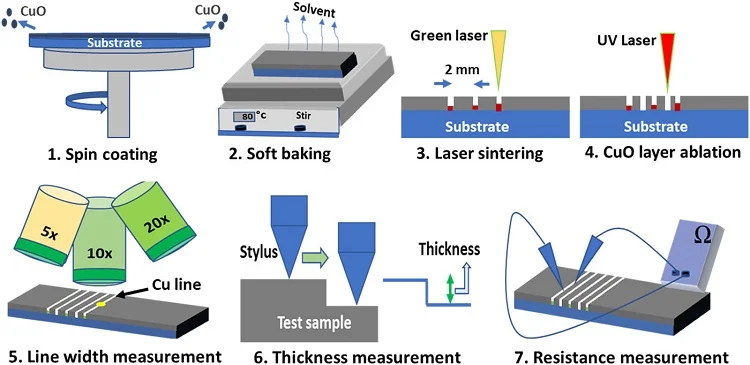- MIT researchers present a simple projection of the impact of climate change on silicon photovoltaic cells’ performance.
- On average, the output of the photovoltaic cell decreases by 0.45 percent for every single degree increase in temperature.
In the 21st century, two things are going to happen for sure: Earth will get warmer and the deployment of solar panels will increase. Considering these two factors, the question arises, how will global warming affect solar energy production in the coming decades.
Since photovoltaic cells are sensitive to temperature, their performance is primarily based on local meteorological conditions, such as aerosol concentration and water content in the atmosphere. The performance of the most popular photovoltaic technology, silicon, is reduced with rising temperature and humidity levels.
Although the impact of rising temperatures on solar cell performance has been addressed in several studies, the projection of changes in solar insolation has remained uncertain. Now, researchers at MIT have presented a simple projection of the impact of climate change on the performance of silicon photovoltaic cells worldwide.
They used the Representative Concentration Pathway (RCP) 4.5 scenario to analyze the impact of photovoltaic installations. The scenario projects greenhouse gas emissions peaking in 2040, and an increase in the average global temperature (1.8 Kelvin) by 2100.
Output of Solar Cells Drops As They Get Hotter
A solar panel is made of multiple smaller units called photovoltaic cells. These cells work by allowing photons (from sunlight) to knock electrons free from atoms, creating a flow of electric current.
While doing so, they also create positively charged ‘holes’ within the material, which flow in the opposite direction to electrons. The efficiency of cells depends on how fast electrons recombine with holes. The faster they recombine, the lesser is the output because it takes them out of the conduction band.
The rate of recombination is proportional to the temperature. This means as the external environment warms, the output of the solar panel decreases.
As temperatures increase nearly everywhere on Earth, the efficiency of solar cells is expected to everywhere. However, some regions will be better than others. According to the researchers, most affected (worse) regions are Central Asia, Southern Africa, and the Southern United States.
Reference: arXiv:1908.00622
Calculations show that, on average, the output of the photovoltaic cell decreases by 0.45 percent for every single degree increase in temperature. The energy output of the silicon photovoltaic installations will be decreased by nearly 15 kWh/kWp, with some areas experiencing losses of up to 50 kWh/kWp.
Researchers also created a global map to display the extent of the change in energy output in any region.
 Estimated global change in energy output for silicon photovoltaic installation in the 21st century
Estimated global change in energy output for silicon photovoltaic installation in the 21st century
It’s Just A Representative Figure
Researchers did mention that the -0.45%/K mark is just a representative value. Advances in materials science could substantially change these numbers in the future.
For instance, materials with a higher bandgap, like cadmium telluride, have a much lower drop in energy output. Thus, future solar installations could be more robust towards temperature alterations.
Read: Most Efficient, Dual-Layer Solar Cell With 22.4% Efficiency
Moreover, global warming isn’t the only factor that will reduce solar cells’ efficiency. Variations in insolation and humidity levels, in particular, will affect the sunlight that reaches a panel. We will need to consider all these factors while planning green, renewable energy systems for the future.


